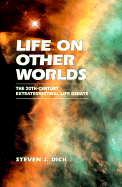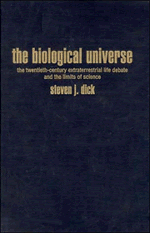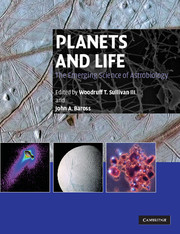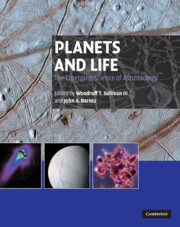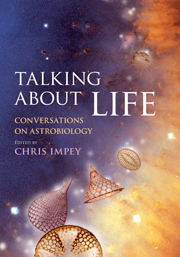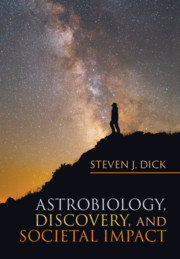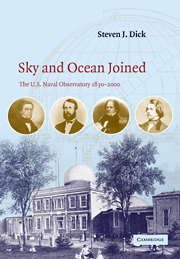Life on Other Worlds
The recent discoveries of extrasolar planets and possible microfossils in Martian meteorite ALH 84001 are only the latest developments in a debate that spans millennia, and that has been especially heated in the twentieth century. From the furore over Percival Lowell's claim of canals on Mars at the beginning of the century to the biological experiments of the Viking spacecraft, the controversial 'Mars rock', and the sophisticated Search for Extraterrestrial Intelligence (SETI) at its end, otherworldly life has often titillated and occasionally consumed science and the public. So too have crucially related areas such as the search for planetary systems, the quest for an explanation of UFOs, and inquiries into the origin of life. The theme has been elaborated in science fiction from H. G. Wells to Arthur C. Clarke, and resulted in some of the most popular films of all time, including ET, Aliens, Independence Day, and Contact. Life on Other Worlds details in a readable and non-technical manner the history of the twentieth century extraterrestrial life debate, one of the pervasive themes of our century.
- One of the most pervasive and popular themes of the twentieth century and the subject of some of the most popular films of all-time
- Appeals to an international audience; deals with events in France, Germany, Russia and other countries as well as the USA
- Elaborated with numerous illustrations and tables, and all technical terms are explained
Reviews & endorsements
"Amazingly comprehensive, as well as highly entertaining...I almost wish it would put an end to the outpouring of books on the subject; nothing more need be written, until the feared/long-hoped for moment of Revelation!" Sir Arthur C. Clarke
"Life on Other Worlds is a wondersome synthesis of scientific criticism, historical narrative and socio-philosophical analysis of a theme that has captured the human imagination since the first stargazers." Joshua Lederberg, The Rockefeller University
"First published in subject until new discoveries lead closer to or futher away from the moment when we know how alone we are in the universe" The Astronomical Society of the Pacific
"...chapters on the search for planets outside our solar system, UFOs and the SETI project...pack a good deal of information and make skillful use of tables and figures...illustrations throughout." Publisher's Weekly
"Amazingly comprehensive, as well as highly entertaining...I almost wish it would put an end to the outpouring of books on the subject; nothing more need be written, until the feared/long-hoped for moment of Revelation!" Sir Arthur C. Clarke, CBE
"Life on Other Worlds is a wondersome synthesis of scientific criticism, historical narrative and socio-philosophical analysis of a theme that has captured the human imagination since the first stargazers." Joshua Lederberg, The Rockerfeller University
"One of the most exciting stories of the twentieth is the search, observational and theoretical, for evidence of extraterrestrial life. Steven Dick in his Life on Other Worlds has told that story with accuracy, clarity, and thoroughness. He is to be congratulated for this achievement, especially for the accessibility of his presentations and for the balance with which he has handled a history that at many points has been filled with controversy." Michael J. Crowe, University of Notre Dame
"...Steven Dick has written an intelligent and sober book." National Post
Product details
September 1998Hardback
9780521620123
304 pages
235 × 157 × 24 mm
0.57kg
Available
Table of Contents
- List of illustrations
- List of tables
- Acknowledgements
- Introduction
- 1. From the physical world to the biological universe: Democritus to Lowell
- 2. Life in the solar system
- 3. Solar systems beyond
- 4. Extraterrestrials in literature and the arts: the role of imagination
- 5. The UFO controversy and the extraterrestrial hypothesis
- 6. The origin and evolution of life in the extraterrestrial context
- 7. SETI: the search for extraterrestrial intelligence
- 8. The meaning of life
- 9. Summary and conclusion: the biological universe
- Select bibliographical essay
- Index.

